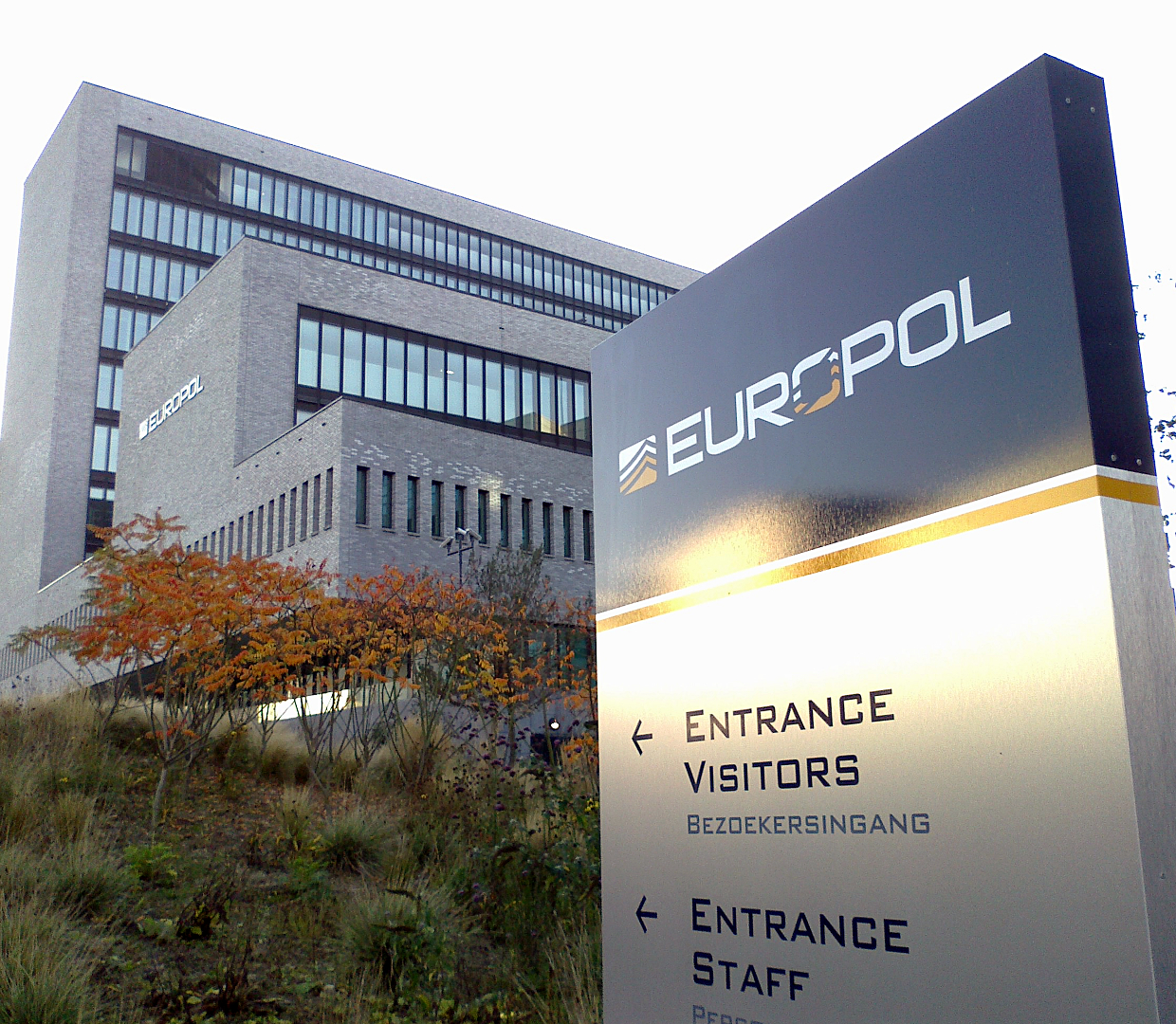In a sweeping transnational crackdown on organised crime, Europol has announced the dismantling of four major drug trafficking networks operating across Europe and Turkey, culminating in 232 arrests and the seizure of over 21 tonnes of narcotics.
The coordinated effort—Operation Bulut—was conducted in collaboration with law enforcement authorities from Belgium, France, Germany, the Netherlands, and Spain, Europol said in a statement issued April 15, 2025.
Record Seizures and “High-Value Targets”
The operation led to the confiscation of significant quantities of drugs, including 3.3 million MDMA tablets, highlighting the scale and reach of the trafficking syndicates. Several “high-value targets” were among those detained, underscoring the success of the initiative in targeting senior figures within the criminal hierarchy.
Europol revealed that the criminal organisations used both traditional trafficking routes and highly sophisticated logistics chains, with connections extending across the European Union and into Turkey.
Digital Tactics and Organised Crime
Investigators traced the groups’ use of encrypted communication platforms, such as Sky ECC and ANOM, which had previously been infiltrated in international operations. This digital evidence proved crucial in mapping the networks’ operations and coordinating law enforcement action across jurisdictions.
Beyond drug trafficking, the networks were also implicated in money laundering, violent offences, and links to wider organised crime structures, Europol reported.
Over the past two years, the EU agency played a central role in intelligence sharing, operational planning, and strategic coordination, hosting high-level meetings to facilitate inter-agency cooperation.
Ports as Entry Points: Ongoing Challenges
Despite the scale of the operation, concerns remain about the quantity of drugs that continue to evade detection. During a recent visit to the ports of Antwerp and Rotterdam—two of Europe’s busiest and most targeted entry points—Sandro Ruotolo, a Socialist MEP, voiced scepticism about existing surveillance capacities.
“We know the amount of drugs being seized, but how much is actually getting through?” Ruotolo told reporters, as quoted by Euronews, adding that while scanners can detect cocaine hidden in fruit, they are ineffective when drugs are concealed in fabrics or other materials.
The European Parliament delegation also met with port authorities and customs officers, who briefed lawmakers on the evolving tactics of smuggling syndicates and the limitations of current technology in identifying contraband.
A Persistent Threat
Despite the significant blow dealt to the traffickers, Europol acknowledged that combating drug crime remains “a game of cat and mouse.” Organised criminal groups continue to adapt, exploiting gaps in infrastructure, communication, and legal frameworks across borders.
Europol’s efforts are part of a broader push by EU institutions to tighten border controls, upgrade scanning technologies, and improve intelligence sharing among member states.
Sources:
- Europol official press release
- Euronews reporting on MEP delegation visit (April 2025)
- Sky ECC / ANOM infiltration background via European law enforcement briefings
Europol building The Hague the Netherlands Picture by OSeveno on Wikimedia Creative Commons Attribution Share Alike-3.0



